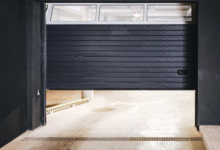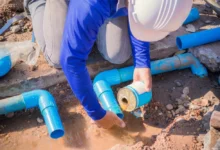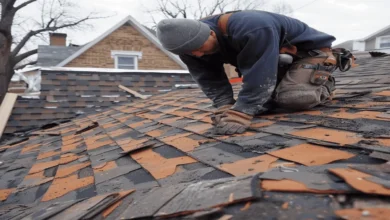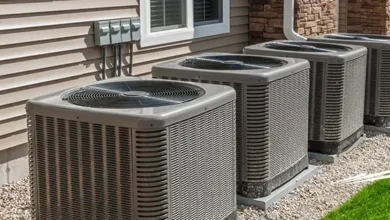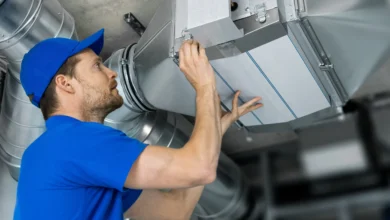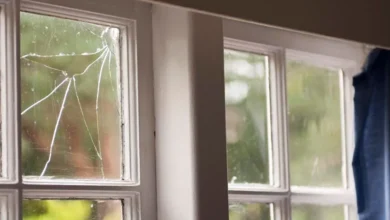How to Improve HVAC Performance with Regular Tune-Ups?
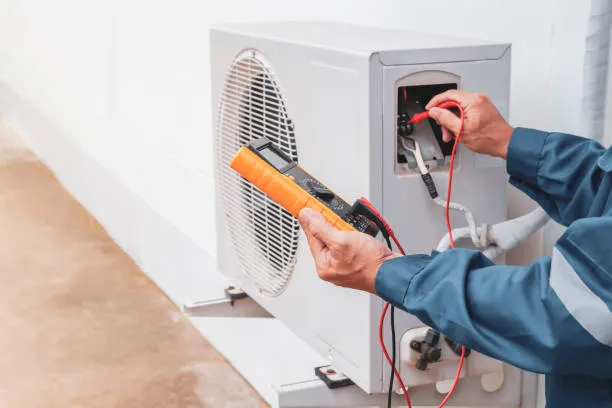
Maintaining your HVAC system ensures it runs efficiently, keeps your home comfortable, and reduces energy consumption. Over time, wear and tear, dirt buildup, and other factors can affect the performance of your HVAC system, leading to higher energy bills and potential breakdowns. One effective way to maintain your HVAC system’s performance is through regular tune-ups. These tune-ups help ensure your system operates at peak efficiency and can help prevent costly repairs. We will explore how regular tune-ups can improve HVAC performance in Albuquerque, NM, and contribute to a longer-lasting, more efficient system.
Ways regular tune-ups can improve HVAC performance
1. Enhancing Energy Efficiency
One of the most significant benefits of regular HVAC tune-ups is improving energy efficiency. During a tune-up, HVAC technicians perform several tasks that help the system operate more efficiently, such as cleaning or replacing filters, inspecting the ductwork, and checking for proper airflow. Dirty or clogged filters, for example, force the HVAC system to work harder to circulate air, which increases energy consumption. By replacing these filters and cleaning other components, a tune-up ensures that the system can heat or cool your home without consuming excess energy. Regular tune-ups can reduce energy waste and lower monthly utility bills while keeping your home comfortable.
2. Reducing the Risk of Breakdowns
Over time, HVAC systems can develop issues that, if addressed, could lead to breakdowns or major repairs. Regular tune-ups allow HVAC professionals to identify problems early, such as worn-out parts, loose connections, or low refrigerant levels. Catching these issues before they become serious helps reduce the risk of unexpected breakdowns, which can be inconvenient and costly. For instance, during a tune-up, the technician may notice that a component like the blower motor or capacitor is starting to wear out. Replacing these parts proactively can prevent a complete system failure during peak heating or cooling seasons. By investing in routine maintenance, you can avoid the stress and expense of emergency repairs.
3. Prolonging the Life of Your HVAC System
Like any mechanical system, your HVAC unit will last longer if it receives proper care and maintenance. Regular tune-ups help prolong the life of your HVAC system by ensuring that all its components are functioning correctly and efficiently. When left unchecked, parts can wear down or become damaged, putting additional strain on the system. This strain can cause the system to break down prematurely, requiring a costly replacement earlier than expected. A well-maintained system, however, can continue to operate smoothly for many years. By scheduling regular tune-ups, you can extend the life of your HVAC system, ensuring that you get the most out of your investment.
4. Improving Indoor Air Quality
A properly maintained HVAC system keeps your home comfortable and helps improve indoor air quality. Over time, dust, pollen, and other airborne particles can accumulate in the HVAC system, especially in the filters and ductwork. Without regular cleaning, these particles can be circulated throughout your home, potentially leading to respiratory issues or allergies. During a tune-up, HVAC technicians will clean or replace filters and inspect the ductwork for dust buildup or mold growth. Keeping the system clean helps reduce the amount of contaminants in the air, leading to a healthier indoor environment. For households with individuals who suffer from allergies or asthma, regular HVAC tune-ups are especially important for maintaining clean air.
5. Ensuring Proper Airflow and Temperature Control
Proper airflow is critical to the performance of your HVAC system, as it ensures that the heated or cooled air is evenly distributed throughout your home. If there are blockages or leaks in the ductwork, or the blower motor isn’t functioning correctly, you may experience uneven temperatures in different parts of your home. During a tune-up, technicians will check the ductwork and airflow to ensure no obstructions or issues could impede the system’s ability to maintain a consistent temperature. They will also inspect and calibrate the thermostat to ensure it accurately measures the indoor temperature and signals the system to operate efficiently. This attention to detail helps ensure that your home remains comfortable, regardless of the weather outside.
6. Reducing Energy Costs Over Time
Regular tune-ups improve HVAC efficiency in the short term and contribute to long-term energy savings. A well-maintained system operates more smoothly and efficiently, meaning it uses less energy to achieve the same level of heating or cooling. In contrast, neglected systems may consume more energy as they struggle to perform, resulting in higher utility bills over time. By investing in routine tune-ups, homeowners can lower their energy costs and reduce the overall energy consumption of their household. This is particularly important as energy prices rise, making energy efficiency a priority for many homeowners looking to save money.
Regular HVAC tune-ups ensure your system operates efficiently, keeps your home comfortable, and avoids costly repairs. We will explore how regular maintenance improves energy efficiency, extends the life of your system, and enhances indoor air quality. Routine tune-ups provide long-term benefits beyond short-term fixes by reducing the risk of breakdowns and ensuring proper airflow and temperature control. Homeowners who prioritize regular HVAC tune-ups can enjoy lower energy costs, improved comfort, and a healthier indoor environment while maximizing the lifespan of their system.
